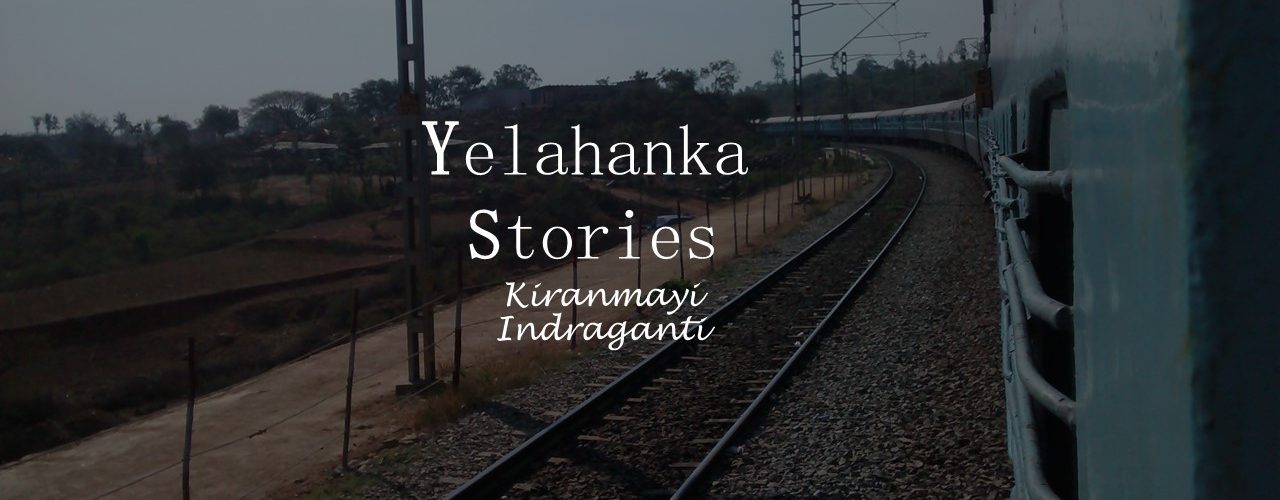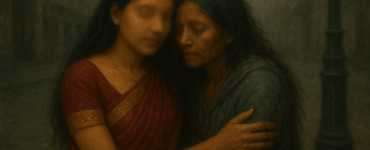About Yelahanka
Yelahanka is located on the northern end of Bangalore, and any non-Bangalorean gets a glimpse of it on their north-bound train journeys towards Hindupur or on way to the Kempegowda International Airport, towards Devanahalli. Once a capital city for many rulers including the Kempe Gowdas, Yelahanka is steeped in history, although a nonchalant eye can miss its traces.
Now, for those who live there, it is a vibrant universe. As is generally the case with many habitats in the world, there are two towns in Yelahanka, the Old and the New. Old Yelahanka has temples, a railway station, police station, post-office, government hospital, a long bazaar connecting vegetable and flower markets, a well-maintained lake, and several burgeoning gated communities around it. New Yelahanka has schools and colleges of formidable reputation, banks, gated communities, well-laid out residential colonies, parks, community centres, temples, government offices, a police station and of course, a lake.
Yelahanka as a whole has many stories in it.
—
The love in his eye
He plies an auto-rickshaw and lives in Old Yelahanka, on the Shivanahalli side: a North Indian young man in his twenties wearing a tilak on his forehead. (He could also be a north Kannadiga speaking Kannada and Hindi with some ease). A dreamy sort of a guy, very courteous and showing admiration, I would not have missed him. He would bring the rickshaw in a rush to my doorstep. The smile on his face showed his anticipation, a suppressed desire of taking me to work as if there was this sudden discovery of a possibility. I push my heavy bags to the farther end of the rickshaw and steal a glance at him in the mirror which is always conveniently angled to do that sort of a thing.
My mornings, like anyone else’s, are gently rushed affairs, dotted with details that connect over mental graphs of banalities: turning off the gas knob, switching off the geyser, bolting the backdoor, putting the garbage can out, hanging the laundry on the line if done, and packing a fruit, and such others. I dislike receiving phone calls around then: even a loving hello or a drawl. It is pure disturbance to the current of plans that you are rafting through in your mind.
Then you see his smile like a bend in the current.
We would have a brief conversation with my asking him how life was and he would turn back, look in the eye and answer my question attaching a lot of interest to being asked.
It was one of those days. The rickshaw came rushing, but with a few others in it. This would be to ferry them to a nearby bus-stop on the way, and he would quickly promise to take me on time to New Yelahanka, where I worked. I would sit without any protest: that way, you got to meet young mothers, their children slyly studying my clothes and trinkets and young migrant laborers from Uttar Pradesh or Bihar jostling with the driver in the front seat.
That day, one of the passengers was a young woman who took my driver’s and my breath away.
She was very young, must be 18 or so. She was thin with a serious and earnest expression of a consideration of life’s daily grind. She was a no-nonsense girl right from the word go. And I think he knew it. She had large eyes, very beautiful, inviting with an instinct yet pushing away with a conceited nonchalance. She was unafraid and she could turn a man’s life upside down.
They spoke in Kannada about very banal things: distances and connectivity perhaps. It was just a four-minute ride before she got off but, boy, did he not like her!
Soon after, in the weeks that followed, my timings had changed. I would not find him when I stepped out, there were other auto-rickshaw drivers, available and frequenting the route for my hiring.
Suddenly, I saw him the other day.
He looked weathered and older. We were on both sides of the road going in opposite directions. He waved a friendly wave. I looked at him but my mind pulled up the image of the girl.
I hope her grace and passion have stayed with him in some way, the love in his eye lighting inner pathways of self and the universe. I truly hope that both of them have found a way of knowing that they can wait for each other at the end of their daily grind.
***









Add comment